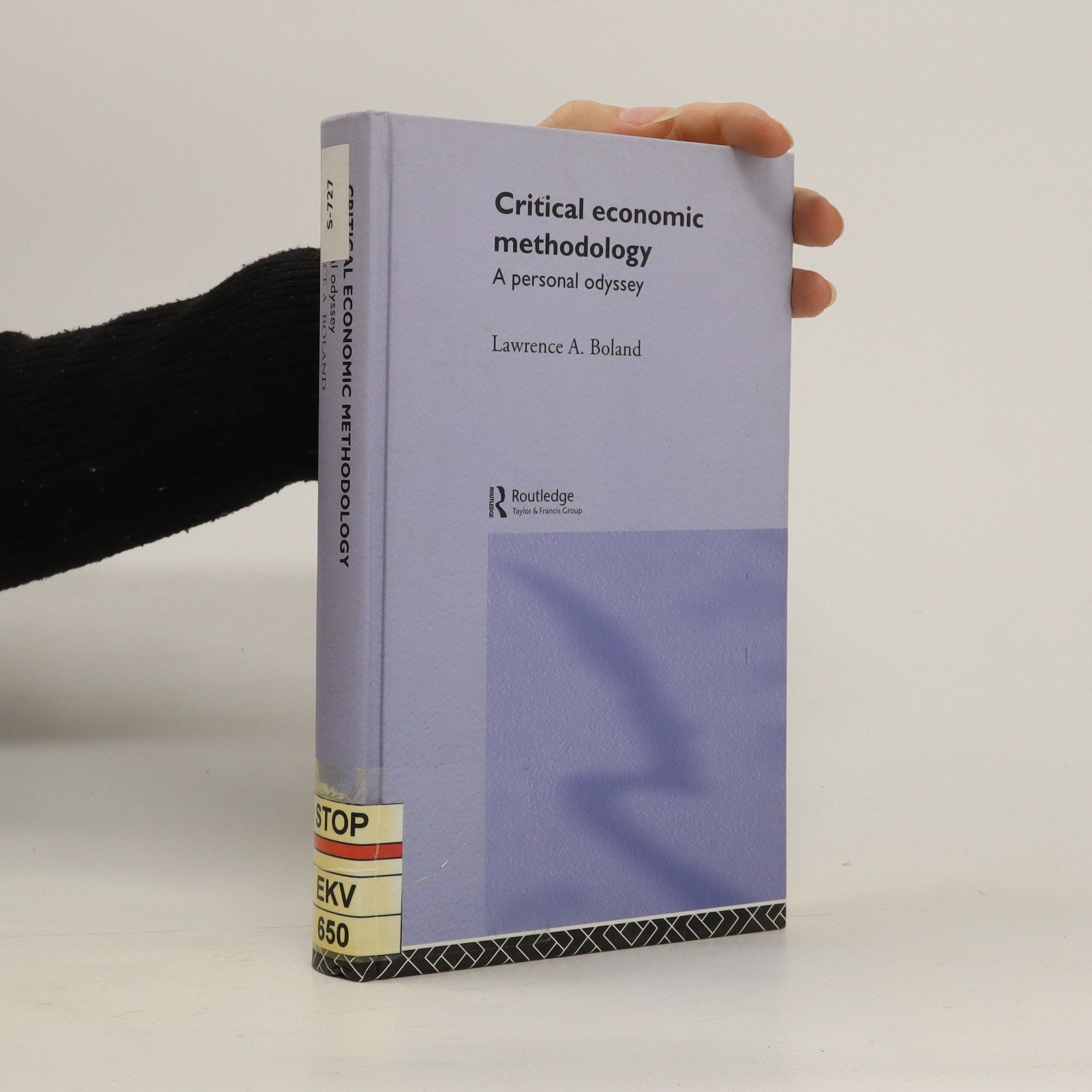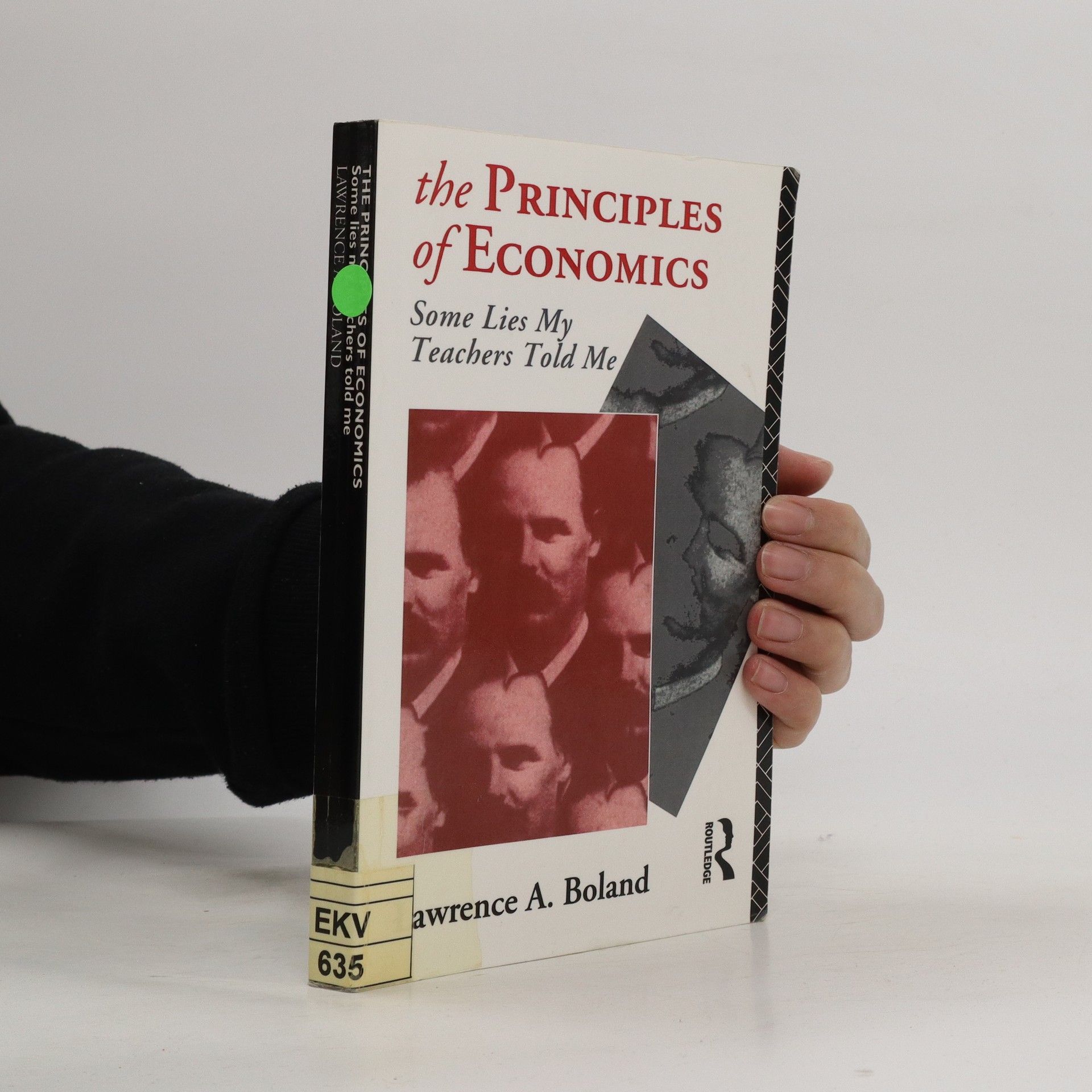The Principles of Economics
- 256pages
- 9 heures de lecture
Should we accept the principles of neo-classical economics? This work attempts to develop effective critiques of neo-classical economics and it is primarily directed towards the neo-classical economist. The focus of the critiques are the foundations of neo-classical theory, beginning with those Alfred Marshall identified as the Principles of Economics, paramount amongst which is the assumption of maximizing behaviour. Lawrence Boland highlights the problems of effective model building without this assumption and argues that critics might be better rewarded if they concentrated on Marshall's other key principle, the Principle of Continuity.

